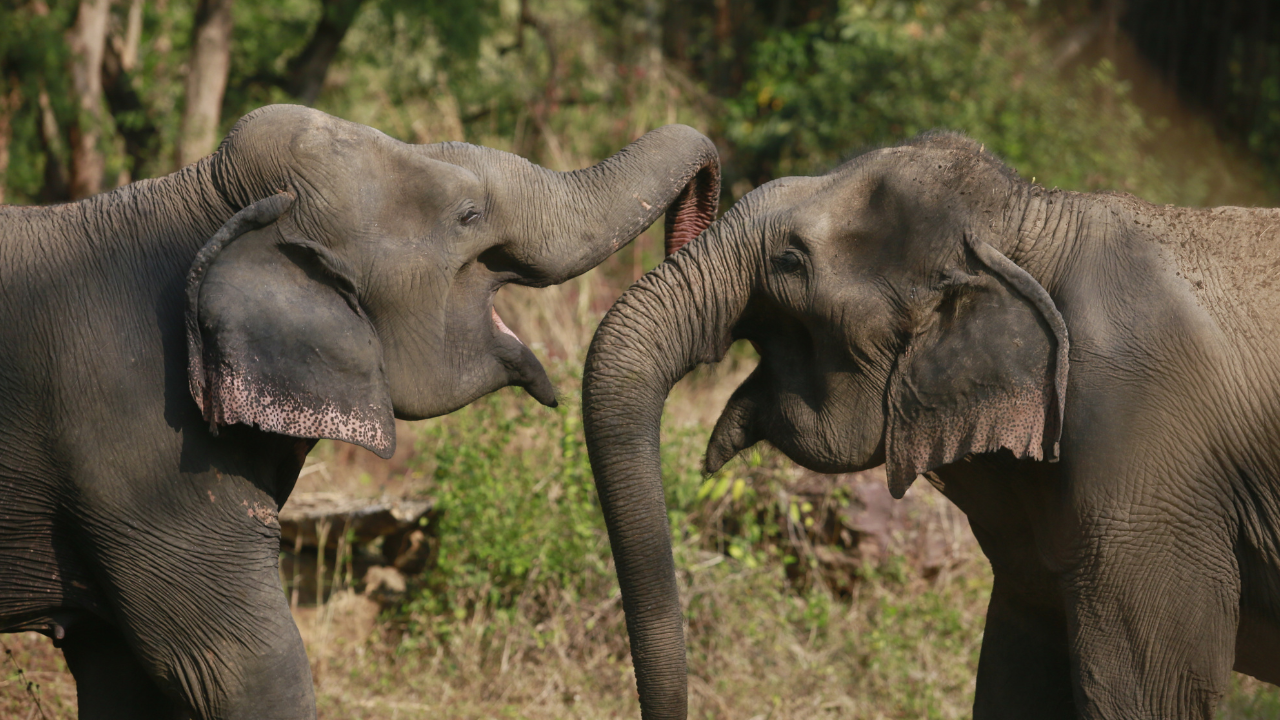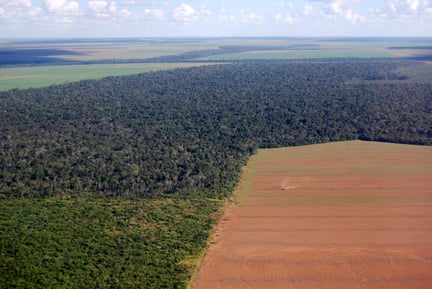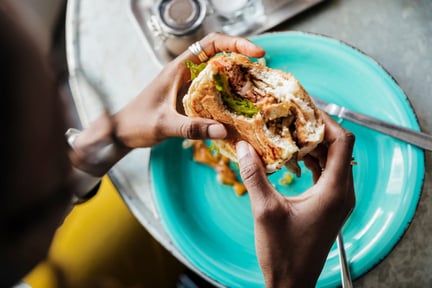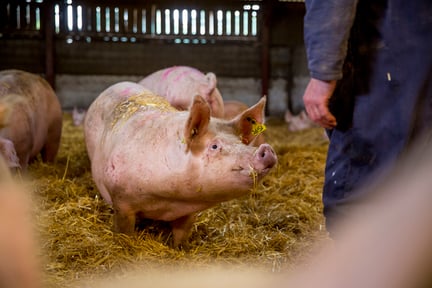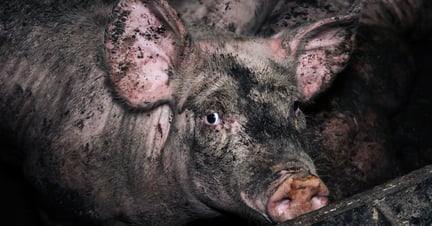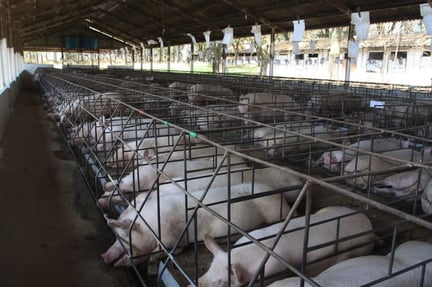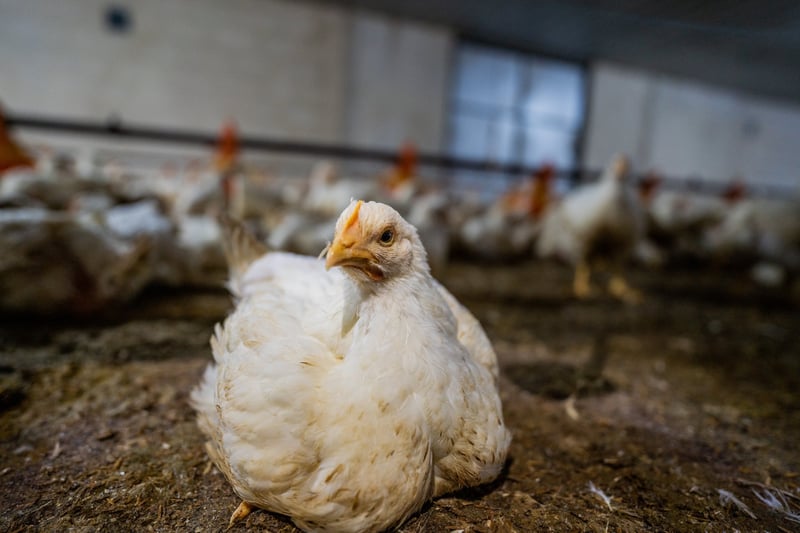
How Government Subsidies Are Fueling Factory Farming and Deforestation
News
As the world prepares for COP30 in Brazil, a new report by World Animal Protection reveals a critical but overlooked issue: taxpayer-funded subsidies are propping up the cruel and destructive factory farming industry.
According to the report “Subsidising factory farm harm”, agriculture receives among the highest levels of public financial support worldwide — second only to fossil fuels. Yet most of this money is reinforcing intensive animal production, a system responsible for vast animal suffering, greenhouse gas emissions, and deforestation.
Factory farms pollute our climate, destroy biodiversity, and put animals through immense suffering,” said Kelly Dent, Global Director of External Engagement at World Animal Protection. “The future is in fair farms, not factory farms.
A Broken System Subsidised by the Public
In the European Union, over 80% of agricultural subsidies — around $88.5 billion USD per year — go to industrial farming. Yet plant-based foods, which make up nearly two-thirds of the calories Europeans consume, receive less than a fifth of that support.
Similar patterns appear across other major economies. China, the United States, India, and the EU together account for nearly 80% of all agricultural subsidies, fueling global demand for beef and soy, two of the key drivers of deforestation in South America.
In Brazil, the host country of COP30, government subsidies to the beef sector average $3.1 billion USD per year, even as the industry contributes heavily to the destruction of the Amazon and Cerrado ecosystems.
For a deeper look at how these harmful systems affect both wildlife and the planet, explore our work on habitat loss and deforestation.
The Cost to Animals, People, and Planet
Industrial animal agriculture confines 76 billion animals each year in barren, overcrowded facilities. The sector drives 34% of global greenhouse gas emissions and accounts for 15% of global fossil fuel use.
If nothing changes, agriculture could generate more than half of all global emissions by 2050 — locking us into an unsustainable and cruel food system.
By funnelling public funds into factory farms, governments also undermine small-scale farmers, distort markets, and increase inequality — while consumers continue to pay twice: once through their taxes, and again at the checkout. Learn more about our vision for a humane, sustainable future through our Food Systems campaign.
A Path Forward
Redirecting even half of current industrial agriculture subsidies toward sustainable, plant-based, and humane food systems could have transformative effects.
In the EU alone, this would save 25.9 million megalitres of water and free 19.4 million hectares of land — twice the size of Portugal.
In Brazil, similar changes could save 14.5 million megalitres of water and free 11.6 million hectares of land, roughly the size of Cuba.
World Animal Protection is calling on governments attending COP30 to make subsidy reform a cornerstone of their climate commitments, ensuring that public money works for animals, people, and the planet — not against them.
You can also help change the way the world works by supporting campaigns like Stop Investing in Factory Farms, which challenge banks and investors to fund a fairer, more sustainable food future.
Learn More & Take Action
Together, we can create a world where animals live free from cruelty and suffering.
- Donate to support our work and help us move the world to protect animals.
- Eat less meat, advocate for animal welfare, and choose more plant-based foods — every choice counts.
- Subscribe to our newsletter to stay informed about our global campaigns.
Related content
Habitat Loss & Destruction
Wildlife
Discover the causes and impacts of habitat loss, explore real-world examples, and learn how to protect and restore vital wildlife habitats worldwide.
Meat reduction
Food systems
Whether you choose to go vegan, vegetarian or flexitarian, consuming a few animal products can have a big impact on your health, the planet and animal welfare.
High animal welfare on farms
No future for factory farming
Find out how we work with the food industry to improve farm animal welfare and keep animals in an environment where they can benefit from a life worth living
